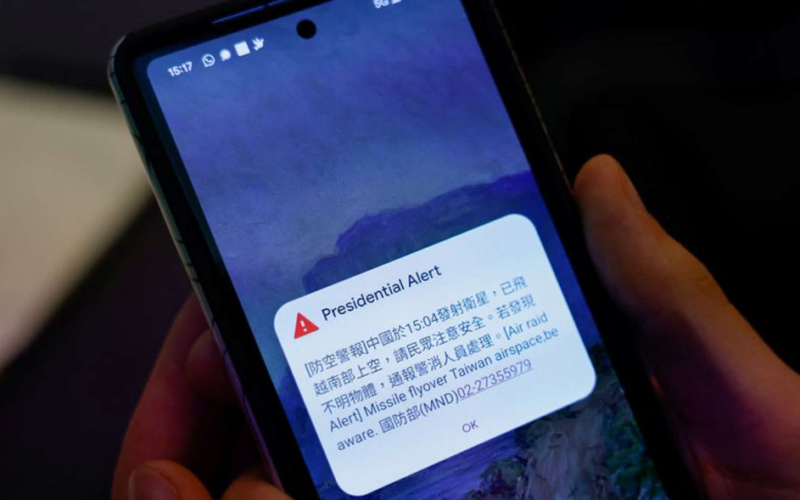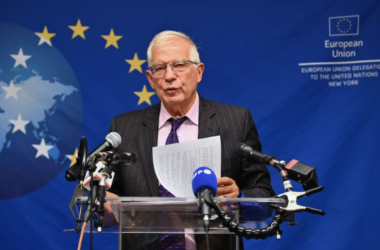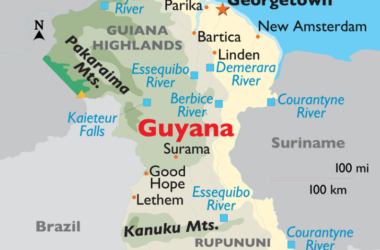Taiwan’s government has issued a comprehensive alert across the island, citing the passage of a Chinese satellite over its southern airspace. The alert, initially referring to the object as a “missile,” was later corrected to a “satellite.” The incident occurred just days before Taiwan’s pivotal presidential and parliamentary elections, contributing to heightened tensions between Taiwan and China.
The defence ministry of Taiwan sent out a security alert to mobile phone users, indicating that a Chinese satellite had traversed the southern airspace of the island. The alert coincided with the confirmation of a satellite launch by Chinese state media. Initially describing the object as a “missile” in English, the ministry later clarified the terminology error, emphasizing the rocket’s passage at high altitude over Taiwanese airspace.
The satellite incident occurred on the eve of Taiwan’s presidential and parliamentary elections scheduled for Saturday. Beijing, asserting territorial claims over Taiwan, has framed the elections as a choice between peace and war across the Taiwan Strait. Taiwan’s government firmly rejects China’s sovereignty assertions. The recent satellite launch adds to the pattern of perceived harassment by China in the lead-up to the crucial vote.
China’s state news agency, Xinhua, confirmed the launch of a new astronomical satellite named the Einstein Probe from Sichuan province. Notably, China had not officially announced the satellite launch, and details of its flight plan were not provided. Taiwan’s Foreign Minister, Joseph Wu, characterized the launch as part of a broader pattern of harassment, linking it to recent incidents involving Chinese balloons observed over the island.
Minister Wu highlighted the satellite launch as one of many “grey-zone activities” aimed at creating tension. Such activities include fighter jets flying over the Taiwan Strait and recent cases of Chinese balloons spotted over Taiwan. Wu emphasized the need for vigilance against provocations but urged clarity in responding to threats without being incited.
While President Tsai Ing-wen assured the public that the object was a satellite and not a missile, Taiwan’s opposition Kuomintang Party criticized the alert, asserting that it had misled the public. The incident follows Taiwan’s accusations against China for threatening aviation safety and engaging in psychological warfare through balloon-related activities.
The satellite incident adds to the complex dynamics between Taiwan and China in the lead-up to crucial elections. As both nations navigate strained relations, the satellite launch underscores the broader geopolitical challenges and the potential impact on regional stability. The alert, though initially causing confusion, highlights the sensitivity surrounding security matters in the context of Taiwan’s electoral landscape.








